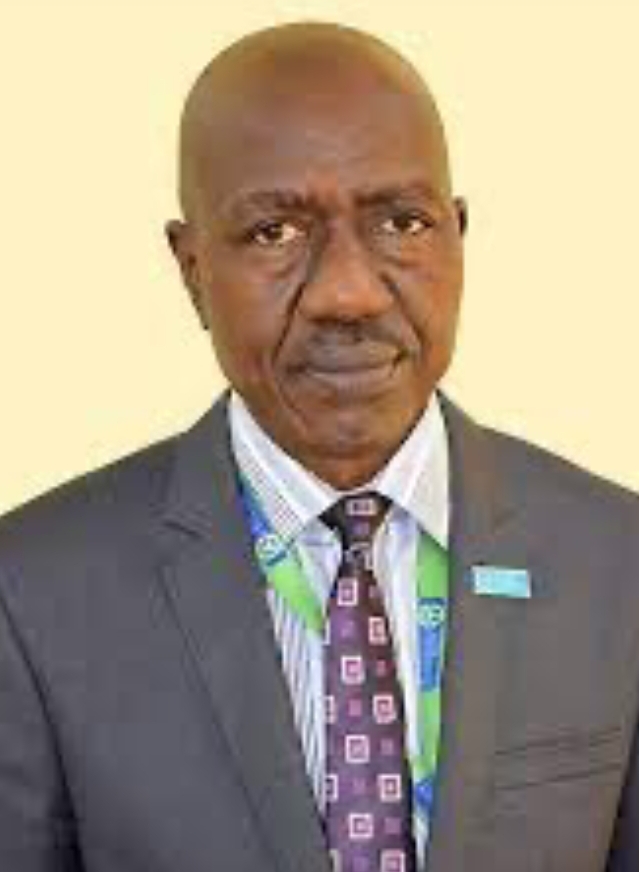Prof. Nosa Owens-Ibie, the Vice-Chancellor of Caleb University, Imota, Lagos, is set to speak at a higher education conference holding at Leeds University, UK, from Friday 22 to Saturday, June 23.
This is contained in a statement by Prof. Elvis Otobo, Deputy Director, Public Relations, Protocol and Marketing of the institution.
According to the vice-chancellor, the conference which will have other global thought leaders in attendance, will have the theme as: “Challenges, Innovations and Opportunities in Higher Education Practices”.
He stated that the aim of the conference was to bring together international scholars and reformers in higher education, to provide a unique platform to exchange views and compare emergent ideas and practices.
According to him, it is also aimed at formulating a framework for new, inclusive, agile, and visionary higher education pedagogies that would address the challenges of ‘new times’ and envision the university of the future.
Some of the thought leaders to speak at the conference include Prof. Andrew Azzopardi, Dean, Faculty of Wellbeing, University of Malta, Dr Pamela Barber-Freeman, Prairie View A and M University, Texas, U.S and Prof. Chang Heng-hao, National Taipei University, among others.
Owens-Ibie noted that he would be addressing the conference on the theme: “Higher Education Pedagogies in Africa; Looking Back to a Prosperous Future”.
According to him, the British roots of higher education in Nigeria are evident in its context, affiliation, promoters, and the shape of its implementation and in the logic that drove its initial expansion.
“From 1932 when Yaba Higher College was established in Lagos as the first higher institution in Nigeria, to 1948 when the University College opened in Ibadan, as an affiliate of the University of London, the progression has been inextricably linked to its roots in the British system.
“Although, there have been significant incursions in recent times by the United States.
“The developments in many other African countries basically replayed the Nigerian script. More recently, there has been a proliferation of institutions and higher education development has been heavily impacted by the politics of development.
“The heavy investment in higher education at that time reflected the potential that the political class showcased.
“The progress in the higher education sector was complemented by rapid advancement in social infrastructural development epitomised, for example, by establishing Africa’s premier television broadcasting station in Ibadan, in 1959, earlier than many European countries,” he noted.
The vice-chancellor added that he would use Nigeria as a case study at the conference, noting that his presentation would chronicle phases in the development of higher education institutions in Africa.
He added that it would also interrogate the political and intellectual contexts of the development.
Owens-Ibie, a professor of Communication, Media, and Development, said he would also examine the legal and policy provisions that paved the way for the private sector to intervene in higher education provision.
According to him, the intervention has opened wide, the door to creativity and innovation, despite challenges that still dot the higher education landscape.
He added that the innovative and adaptive capabilities of these universities enabled them to surmount the challenges of COVID-19.
“Caleb University was among those that transited with an unbroken academic calendar.
“The collateral impact of the unstable calendar of public institutions, marked by long strikes by academic staff, has led to many academic staff and students relocating abroad, a development that further stifles development options.
“This emigration is now known as the ‘Japa Syndrome’
“The opportunities for partnerships which tap into a largely uncharted domain of possibilities, represents the path to unlocking a new era of North-South collaboration, mentorship, bridging of the digital and quality assurance divide and creative engagements,” he noted.














